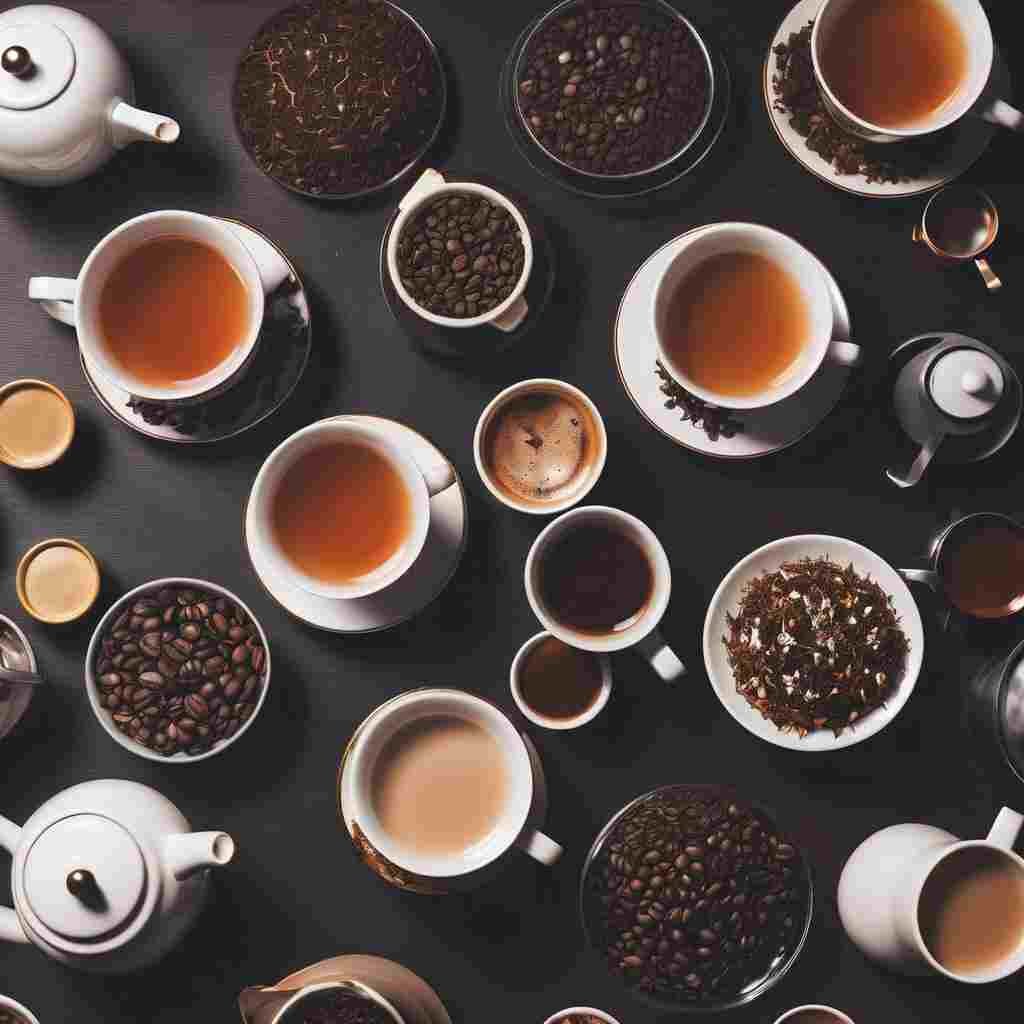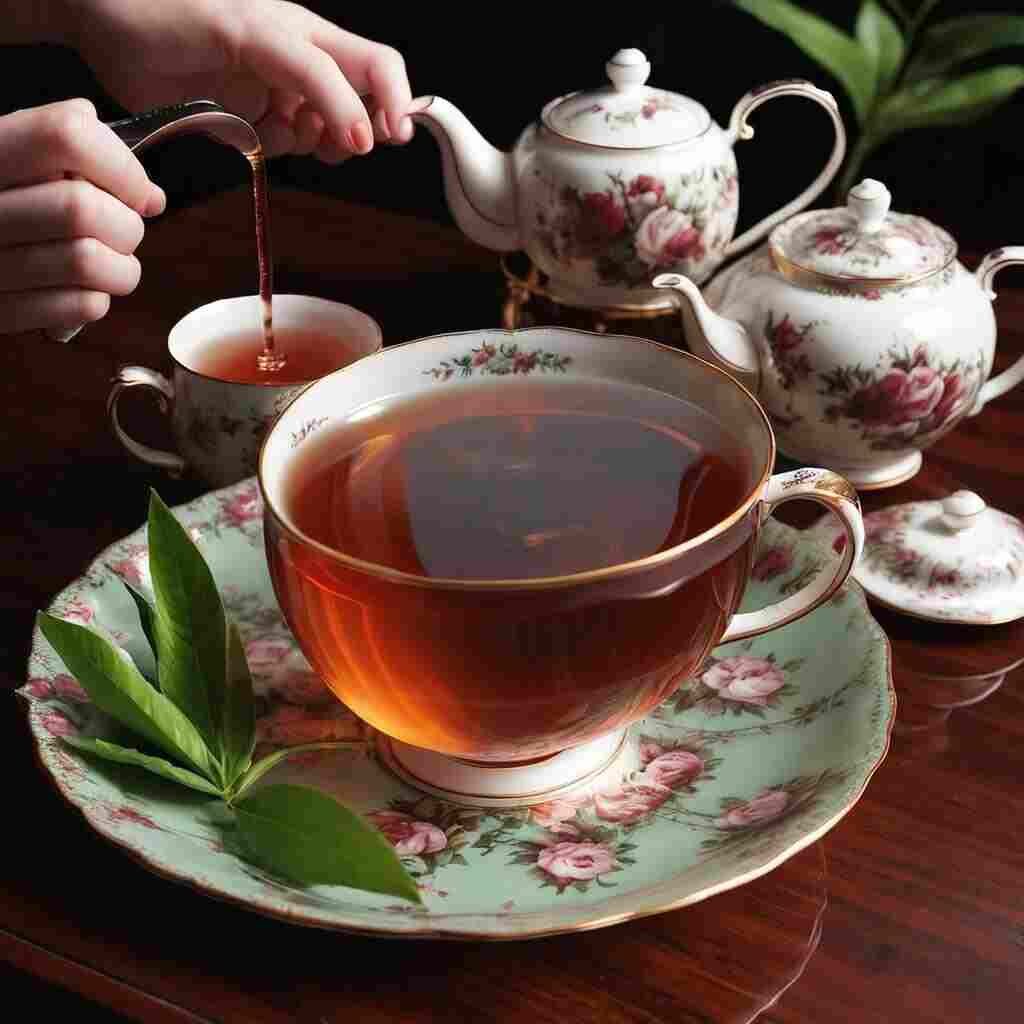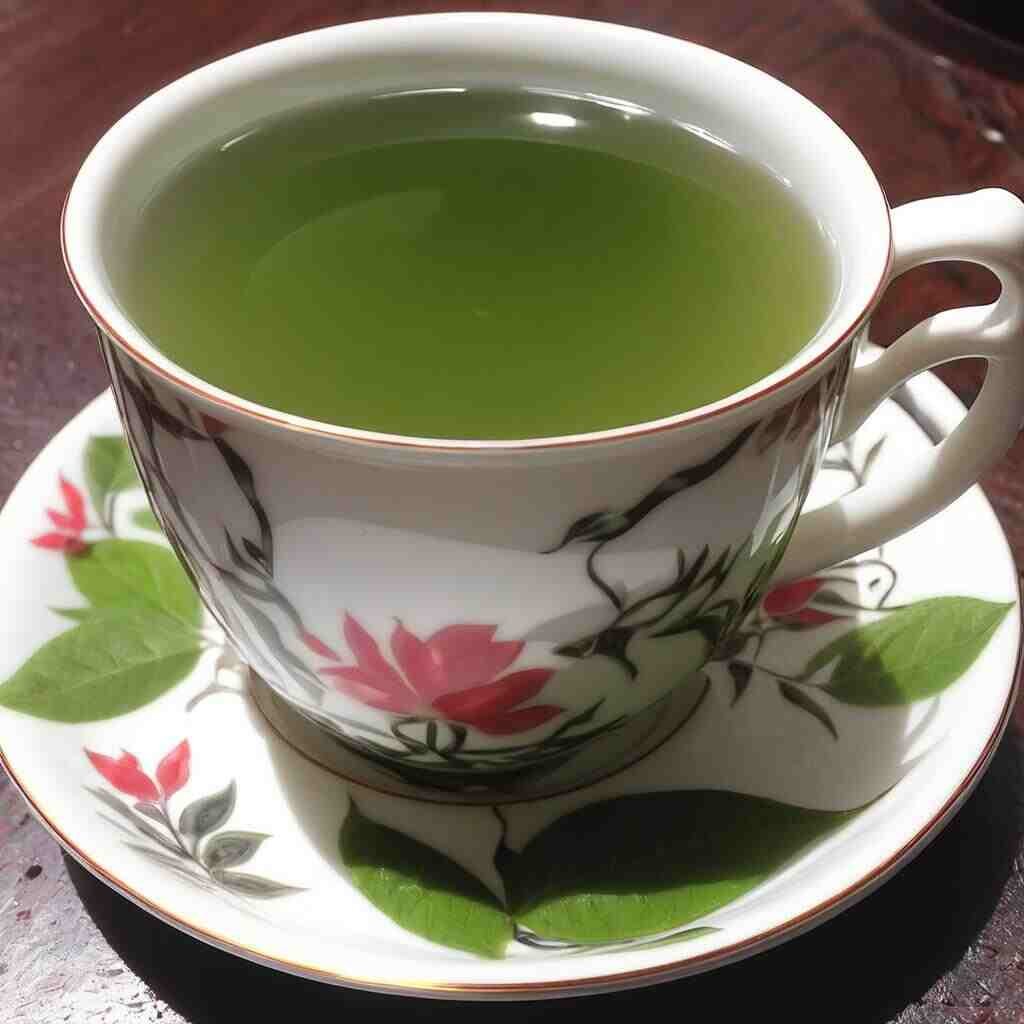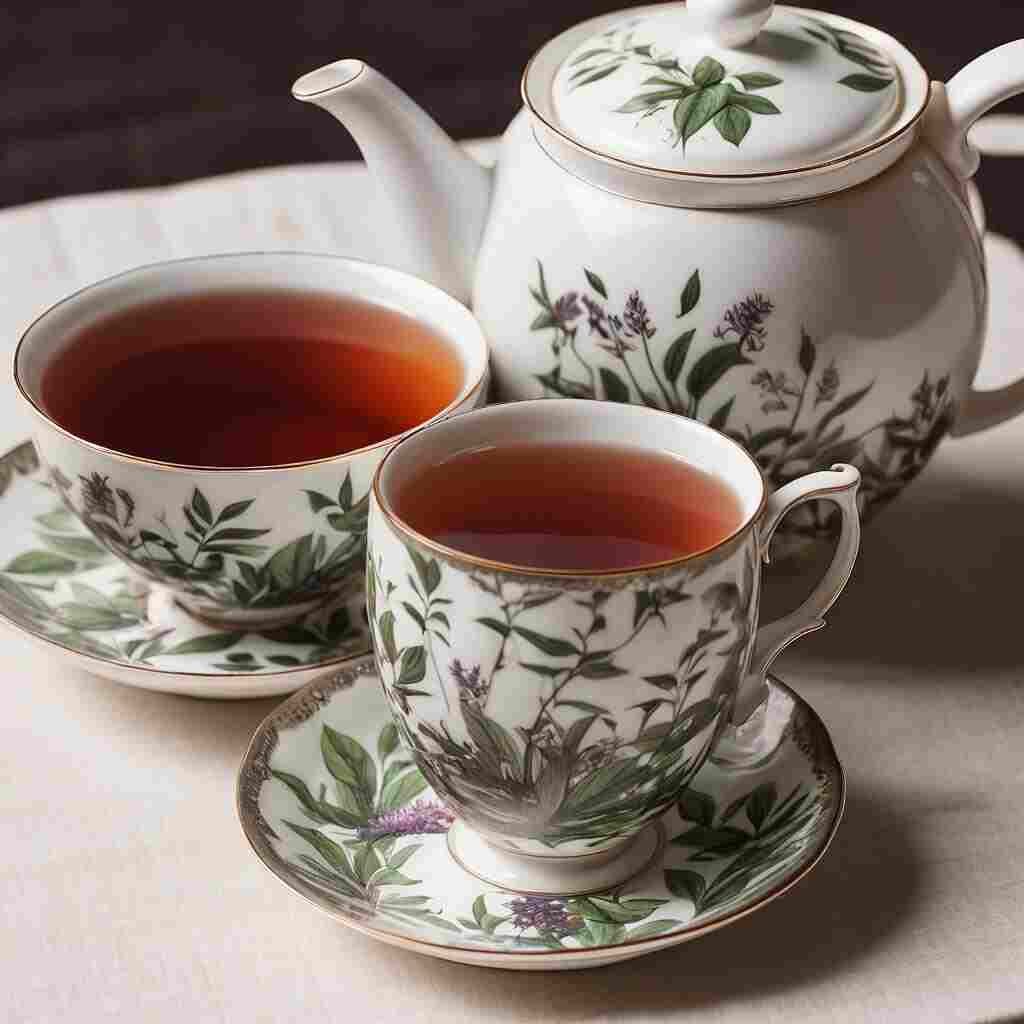Explore the health benefits and potential drawbacks of two popular beverages in “Coffee vs. Tea: Which Drink is Healthier?” Discover how each drink can impact your health, from antioxidants to caffeine content, and make an informed choice for your lifestyle.
Table of Contents
Introduction
Coffee and tea are two of the most popular beverages in the world, each with a rich history and a devoted following. Both drinks offer unique flavors, cultural significance, and a range of health benefits. However, the debate over which one is healthier continues to spark interest among enthusiasts and health-conscious individuals alike. In this article, we will compare coffee and tea, examining their nutritional profiles, health benefits, and potential drawbacks. By the end, you’ll have a clearer understanding of which drink might be the better choice for your health and lifestyle.

Origins
Coffee
The origin of coffee can be traced back to Ethiopia, where legend has it that a goat herder named Kaldi discovered the coffee plant after noticing his goats became more energetic after eating the berries. Coffee cultivation and trade began on the Arabian Peninsula, where it spread to Persia, Egypt, and the Ottoman Empire. By the 17th century, coffee had made its way to Europe and the New World, becoming a popular beverage in many cultures.
Tea
Tea has its origins in ancient China, with a history dating back over 5,000 years. According to legend, Emperor Shen Nong discovered tea when leaves from a wild tree blew into his pot of boiling water. Tea drinking became an integral part of Chinese culture and spread to Japan in the 8th century. It wasn’t until the 17th century that tea made its way to Europe, where it became highly popular, especially in Britain, which developed a strong tea culture.
Which Drink is Healthier?
Nutritional Profiles
Both coffee and tea offer unique nutritional benefits. Here, we compare the nutritional components of both beverages.
Coffee
Rich in antioxidants, particularly chlorogenic acid.
Contains essential nutrients like vitamins B2, B3, and B5, manganese, and potassium.
Higher caffeine content compared to tea.
Tea
Abundant in antioxidants, especially polyphenols like catechins (green tea) and theaflavins (black tea).
Contains various vitamins and minerals, including fluoride, manganese, and potassium.
Lower caffeine content compared to coffee.
Caffeine Content
Caffeine is a natural stimulant found in both coffee and tea, but in varying amounts.
Coffee: A typical 8-ounce cup of coffee contains around 95 mg of caffeine, though this can vary depending on the type of coffee bean and brewing method.

Tea: An 8-ounce cup of black tea has about 47 mg of caffeine, while green tea contains roughly 28 mg. Herbal teas generally contain little to no caffeine.
Caffeine can have both positive and negative effects on health. It can improve alertness, concentration, and physical performance, but excessive intake can lead to insomnia, jitteriness, and increased heart rate.
Antioxidants
Antioxidants help protect the body from damage caused by free radicals. Both coffee and tea are rich in these compounds, though the types and amounts can differ.
Coffee: The primary antioxidants in coffee are chlorogenic acids, which have been linked to reduced inflammation and a lower risk of chronic diseases such as heart disease and diabetes.
Tea: Tea is packed with polyphenols. Green tea is especially high in catechins, while black tea contains theaflavins and thearubigins. These antioxidants have been associated with numerous health benefits, including improved heart health, reduced cancer risk, and enhanced brain function.
Energy Levels
The caffeine content in coffee and tea can affect energy levels differently.
Coffee: Due to its higher caffeine content, coffee tends to provide a quicker and more pronounced energy boost. This can be beneficial for short-term tasks requiring high alertness but may lead to a crash later on.
Tea: Tea provides a more sustained and steady energy boost, thanks to its lower caffeine content and the presence of L-theanine, an amino acid that promotes relaxation without drowsiness.

Weight Loss
Both coffee and tea can aid in weight loss through various mechanisms.
Coffee: Caffeine in coffee can boost metabolism and increase fat burning. Some studies suggest that coffee drinkers have a lower risk of obesity and type 2 diabetes.
Tea: Green tea, in particular, has been shown to enhance fat burning and improve metabolic rate, largely due to its catechin content. Regular consumption of tea has also been associated with lower body weight and reduced waist circumference.
Advantages of Tea and Coffee
Tea
1. Rich in Antioxidants
Polyphenols: Tea is abundant in polyphenols, particularly catechins in green tea and theaflavins in black tea, which help fight free radicals and reduce oxidative stress.
Anti-inflammatory Properties: The antioxidants in tea can help reduce inflammation and lower the risk of chronic diseases.

2. Improves Heart Health
Cholesterol Levels: Drinking tea, especially green tea, can help lower LDL cholesterol and improve overall heart health.
Blood Pressure: Some studies suggest that regular tea consumption can help lower blood pressure.
3. Supports Weight Loss
Metabolism Boost: Green tea, in particular, has been shown to boost metabolism and increase fat burning.
Appetite Suppression:** The combination of caffeine and catechins in tea can help suppress appetite and aid in weight management.
4. Enhances Mental Alertness
Caffeine and L-theanine: The combination of caffeine and the amino acid L-theanine in tea can improve cognitive function, increase alertness, and promote a sense of calm without the jitters.
5. Supports Digestive Health
Gut Health: Certain types of tea, such as herbal teas like peppermint and ginger, can aid digestion and alleviate gastrointestinal discomfort.
6. Bone Health
Minerals: Tea contains fluoride and other minerals that can help maintain bone density and dental health.
Coffee
1. Rich in Antioxidants
Chlorogenic Acids: Coffee is a significant source of antioxidants, particularly chlorogenic acids, which help reduce inflammation and combat free radicals.
Reduced Risk of Chronic Diseases: The antioxidants in coffee have been linked to a lower risk of chronic diseases such as type 2 diabetes and certain cancers.
2. Enhances Physical Performance
Energy Boost: The high caffeine content in coffee can increase adrenaline levels, improving physical performance and endurance.
Fat Burning: Caffeine stimulates the nervous system, signaling fat cells to break down fat, which can then be used as energy.
3. Improves Mental Alertnes
Cognitive Function: Caffeine in coffee can improve mood, reaction time, memory, and overall cognitive function.
Reduced Risk of Neurodegenerative Diseases: Regular coffee consumption has been associated with a lower risk of Alzheimer’s and Parkinson’s diseases.
4. Supports Heart Health
Heart Disease Risk: Moderate coffee consumption has been linked to a reduced risk of heart disease and stroke.
Blood Sugar Control: Coffee may help improve insulin sensitivity and lower the risk of developing type 2 diabetes.
5. Supports Liver Health
Liver Protection: Regular coffee drinkers have a lower risk of liver diseases, including liver cirrhosis and liver cancer.
Both tea and coffee offer numerous health benefits, making them valuable additions to a balanced diet. Moderation and mindful consumption are key to maximizing their advantages while minimizing potential downsides.
Disadvantages of Tea and Coffee
Tea
1. Caffeine Content
Sleep Disruption: Even though tea has less caffeine than coffee, it can still disrupt sleep patterns if consumed in large quantities or too close to bedtime.
Anxiety and Restlessness: Excessive caffeine intake from tea can contribute to feelings of anxiety, restlessness, and increased heart rate.
2. Tannins
Iron Absorption: The tannins in tea can interfere with the absorption of non-heme iron (the type found in plant-based foods), potentially leading to iron deficiency, particularly in individuals with already low iron levels.
3. Staining Teeth
Dental Discoloration: Regular consumption of tea can lead to teeth staining due to its natural pigments.
4. Toxicity
Heavy Metals: Some teas, especially those grown in polluted environments, may contain traces of heavy metals such as lead and aluminum.
Pesticides: Non-organic teas might be contaminated with pesticides if not properly regulated.
5. Gastrointestinal Issues
Acidity: Certain types of tea, like black tea, can increase stomach acidity and cause digestive discomfort or exacerbate conditions like acid reflux.
Coffee
1. Caffeine Content
Sleep Disruption: High caffeine content can lead to insomnia and disrupted sleep patterns if consumed late in the day.
Anxiety and Jitters: Excessive caffeine intake can cause anxiety, jitters, and rapid heartbeat.
2. Acidity
Stomach Issues: Coffee is highly acidic and can irritate the stomach lining, leading to issues such as acid reflux, indigestion, and stomach ulcers.

3. Dependency
Addiction and Withdrawal: Regular consumption of coffee can lead to caffeine dependency. Withdrawal symptoms, including headaches, fatigue, and irritability, can occur when consumption is reduced or stopped.
4. Bone Health
Calcium Absorption: High coffee consumption may interfere with calcium absorption, potentially leading to decreased bone density and increased risk of fractures over time.
5. Heart Health
Blood Pressure:Caffeine can cause a temporary increase in blood pressure, which may be problematic for individuals with hypertension or other cardiovascular issues.
6. Teeth Staining:
Dental Discoloration: Like tea, coffee can stain teeth due to its dark pigments and acidity.
Both tea and coffee have their downsides, and moderation is key to mitigating these risks.
Better Choice for Health
Deciding which beverage is healthier depends on individual health goals and preferences.
For High Energy and Alertness: Coffee is the better choice due to its higher caffeine content.
For Relaxation and Stress Relief: Tea, especially green or herbal tea, is preferable due to its calming properties and lower caffeine levels.
For Antioxidant Benefits: Both beverages offer significant antioxidant benefits, but tea, particularly green tea, has a slight edge due to its high polyphenol content.
Countries Where Tea and Coffee Are Cultivated
Coffee Cultivation
Brazil
Vietnam
Colombia
Indonesia
Ethiopia

Tea Cultivation
China
India
Sri Lanka
Kenya
Vietnam
Countries Where Tea and Coffee Are Consumed More
High Coffee Consumption
Finland
Norway
Iceland
Sweden
Netherlands
High Tea Consumption
China
India
Turkey
United Kingdom
Japan
States in India Where Coffee and Tea is Cultivated
Coffee Cultivation
Karnataka
Kerala
Tamil Nadu
Tea Cultivation
Assam
West Bengal
Tamil Nadu
Kerala
States in India with High Consumption of Tea and Coffee
High Tea Consumption
West Bengal
Assam
Gujarat
Maharashtra
Uttar Pradesh

High Coffee Consumption
Karnataka
Kerala
Tamil Nadu
Andhra Pradesh
Telangana
Bottom Line
Both coffee and tea offer numerous health benefits and can be part of a healthy diet. The choice between the two ultimately comes down to personal preference and health needs. Whether you prefer the robust flavor and higher caffeine content of coffee or the soothing qualities and rich antioxidant profile of tea, both beverages have something valuable to offer.
Conclusion
In the debate of “Coffee vs. Tea: Which Drink is Healthier?” both beverages offer unique health benefits and potential drawbacks. Coffee is excellent for a quick energy boost and improving mental alertness, while tea, especially green tea, provides a more sustained energy boost and is rich in antioxidants. Your choice should depend on your health goals, caffeine tolerance, and personal preference. Moderation is key to enjoying the benefits of both without experiencing negative side effects.

Thank You Note
Thank you for reading this comprehensive comparison of coffee and tea. We hope you found it informative and helpful in making a more informed choice about which beverage is best suited for your health and lifestyle. Cheers to enjoying your favorite drink with greater knowledge and appreciation!
For more comparisons and insights, visit our blog regularly. If you have any questions or suggestions, feel free to leave a comment or contact us directly.
Frequently Asked Questions
Which has more caffeine, coffee or tea?
Are there any side effects to drinking coffee or tea?
Which drink is better for weight loss?
Can coffee or tea improve heart health?
Which is better for mental alertness?
Are there any specific types of tea or coffee that are particularly healthy?
Can drinking coffee or tea affect sleep?
For more exciting topics, explore our other articles here
1. Comparison of Unique Cities of Rajasthan in India
2. Cricket Sports: Players Batting Comparison
14 Comments